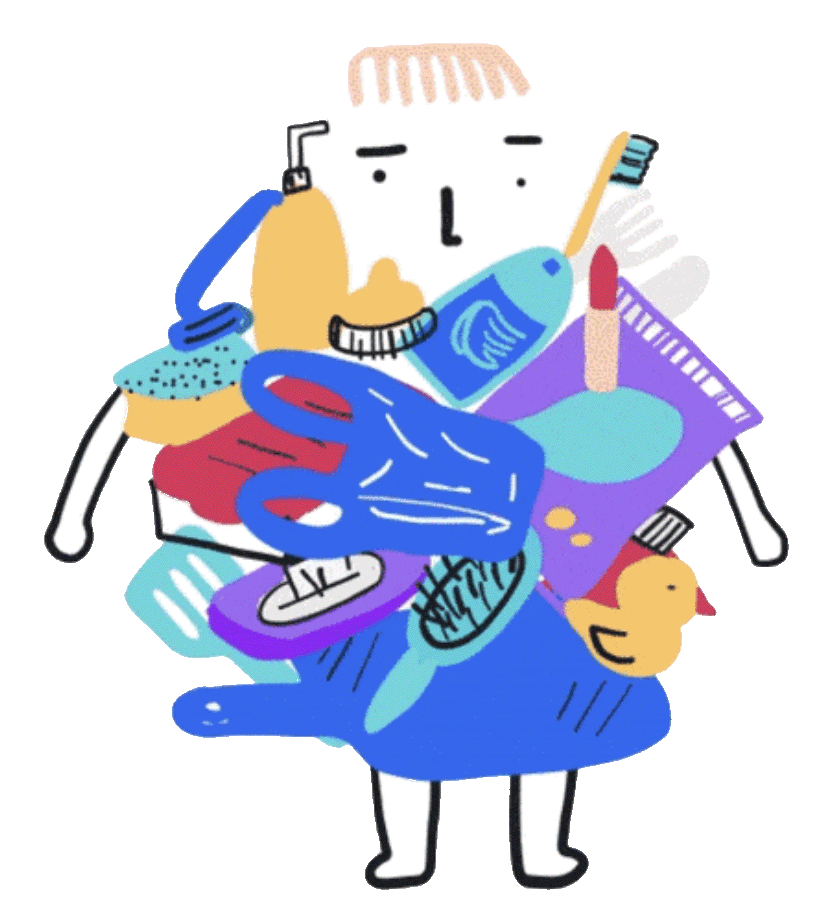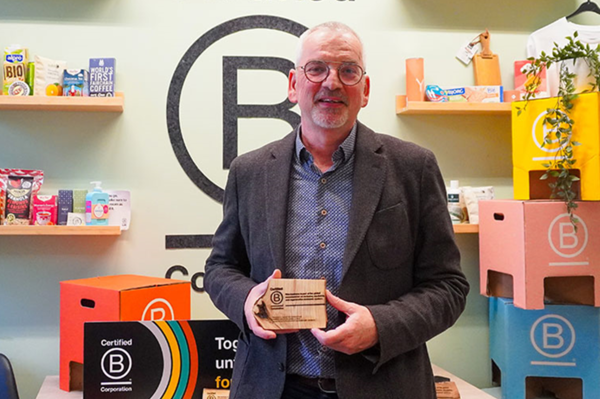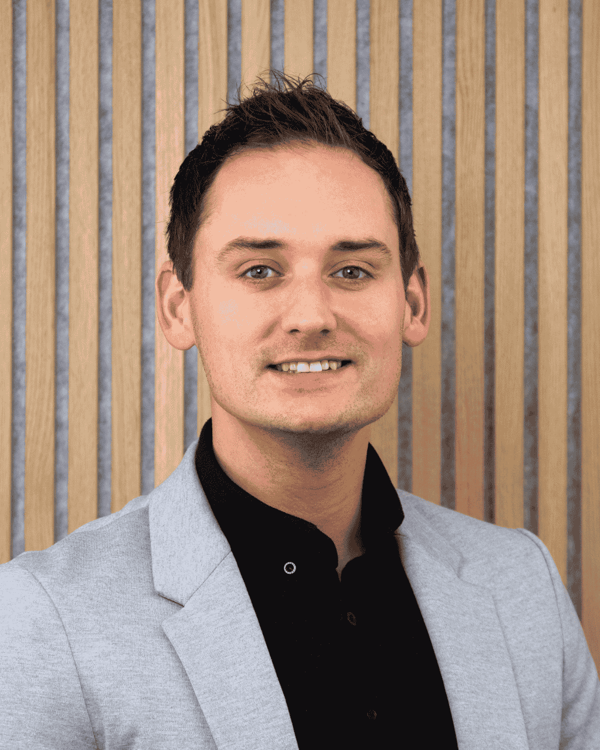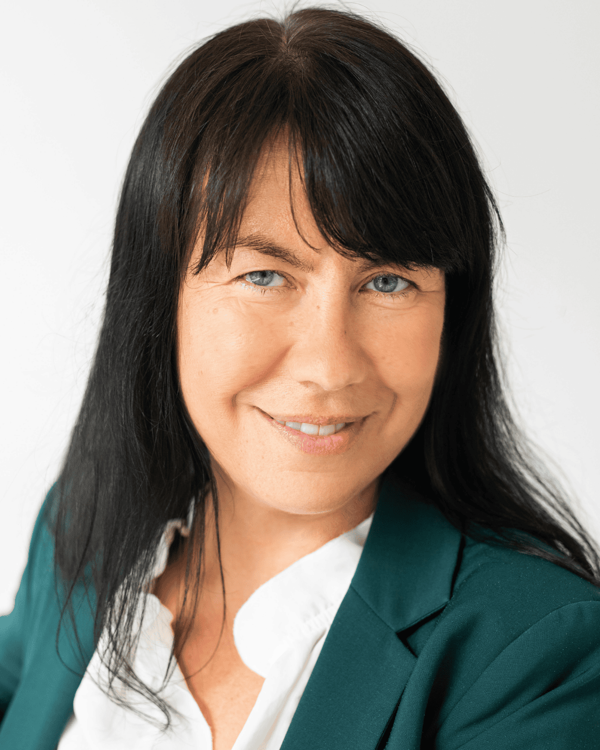Who is Anouk Rutten?
Since 2023, I have been the COO of the law firm Van Doorne. It's a wonderful and challenging role where I prioritize a sense of justice and a culture of inclusivity and equal opportunities. I value open communication, empowerment, and encouraging initiative. For me, success is something you achieve together by taking and giving responsibility, and by optimally utilizing the qualities of individuals.
I believe that sustainable growth is the only way forward for the firm. That's why, wherever possible, I implement new data-driven insights and technological innovations, invest in a network to centralize sustainability and equal opportunities, and work on improving processes to add value to the organization.
Can you briefly tell me about the history of Van Doorne? And how large is your company and market?
For over 90 years, we have been assisting our clients with a wide range of legal challenges. On November 1, 2020, it was exactly 90 years since Pieter van Doorne established himself as an independent lawyer in Amsterdam. Reconciling the irreconcilable, one of Pieter van Doorne's talents, has grown into a mission. His original attitude from the 1930s has become the driving force behind Van Doorne today. Not out of sentiment, not as an ode to the past, but because this attitude proves to be exceptionally effective in this day and age as well. Currently, we are one of the fastest-growing top 10 law firms in the Netherlands, with an impressive growth of 23% over the past five years.
What is Van Doorne doing to reduce its plastic footprint? And since when?
Van Doorne's 90th anniversary was the occasion to establish the Pieter van Doorne Foundation in honor of our founder's ideals. The Foundation promotes sustainability and equal opportunities and, as a committed partner and with financial resources, supports organizations that pursue these same goals. The Plastic Soup Foundation is one of the organizations we have been a proud partner of ever since.
In addition to supporting others, we as a firm are also taking steps. With the help of the Plastic Soup Foundation, we have carefully examined the use of plastic in our operations and reduced this use. Coffee cups, straws, water bottles, disposable tableware, and plastic bags are largely kept out of our offices.
In 2025-2026, we will renovate our office to enable more flexible working, but also to make the building more sustainable. For the interior design of the new office, we are focusing as much as possible on the reuse of materials.
But our most important contribution lies in our strategy: in how we collectively make a difference and work on solutions for tomorrow. We legally assist our clients in navigating major transitions such as climate change and resource scarcity.
Why do you find this important to do?
I believe that there is only one possibility for growth for organizations, and that is sustainable business growth. Technological innovations and knowledge are essential to add value.
What do you enjoy most about sustainable entrepreneurship?
I see a lot of movement in the world. We are in transition to a new era. Change is people's work, and I am convinced that together we can make a difference. I think it's important to do business sustainably, and to add value in addition to profit.
What advice would you give to other entrepreneurs who want to become more sustainable?
Speak out and go for it. If you make it clear what you stand for, you can inspire and involve others. Making adjustments in large organizations is challenging, but go for it, do it together, and make it fun too.
What do you personally do to reduce your plastic footprint?
Partly as a result of the inspiration from the Plastic Soup Foundation, I try to make conscious choices and reduce my own plastic consumption. For example, by no longer buying plastic bottles but opting for a soda stream, purchasing care products without plastic, no longer using disposable wipes, and also making more sustainable choices in clothing. In practice, it is quite difficult to make the right choices. That's why I also find the Plastic Soup Foundation's apps so great; they help in easily making the right choices. I try to adjust something in my own consumption every month based on the tips from the PSF app.
What achievable sustainability tip do you often give to people around you?
Use the Plastic Soup Foundation's apps! Plastic Free Future
How do you view the future regarding this topic?
It is important to continue thinking in terms of solutions. By working together, we can make a difference. We do this through our partnership with the Plastic Soup Foundation and by assisting our clients in accelerating the transition to a more balanced and sustainable economy.
What is your stance on the current focus on CO2 reduction versus the attention on plastic footprint reduction and climate change?
Both aspects are important for a complementary approach to sustainability and environmental protection. We must all work together to reduce both greenhouse gas emissions and the amount of plastic waste to ensure a sustainable future.
What do you think is the biggest misconception about sustainability that you would like to dispel?
Some see sustainability as an optional choice rather than a necessity. However, with the increasing pressure on natural resources and the impact of climate change, sustainability is becoming an increasingly urgent necessity. The urgency is there, just like the opportunities to make change happen.
What do people really need to know about plastic pollution?
That it's not just about environmental damage, but also about health damage. Moreover, there are fantastic solutions. During the One Planetary Health symposium, for example, I was very inspired by NotPla, which, inspired by nature, offers innovative solutions with a sustainable alternative to single-use plastic packaging. This is not only useful for packaging in the food industry, but also for healthcare, for example. Thinking outside the box leads to solutions.
What will you be addressing in the next 5/10 years in terms of sustainability, particularly linked to the plastic footprint?
We hope that we will still have a great partnership with PSF then. In addition, we will continue to critically examine where we ourselves can keep our footprint as small as possible.
Is there anything else you would like to share that hasn't been covered above? As a conclusion, you are entirely free to add anything further on the topic at your own discretion.
What particularly inspires me and gives me hope is the new generation. With them, you see a commitment when it comes to the relationship between commercial interests and social interests. It is wonderful to see how involved young people are in such issues. They are the colleagues of the future. Their commitment compels us all to think and continue to take steps, for our future, their future, and the generations to come.

.jpg)
.png)



